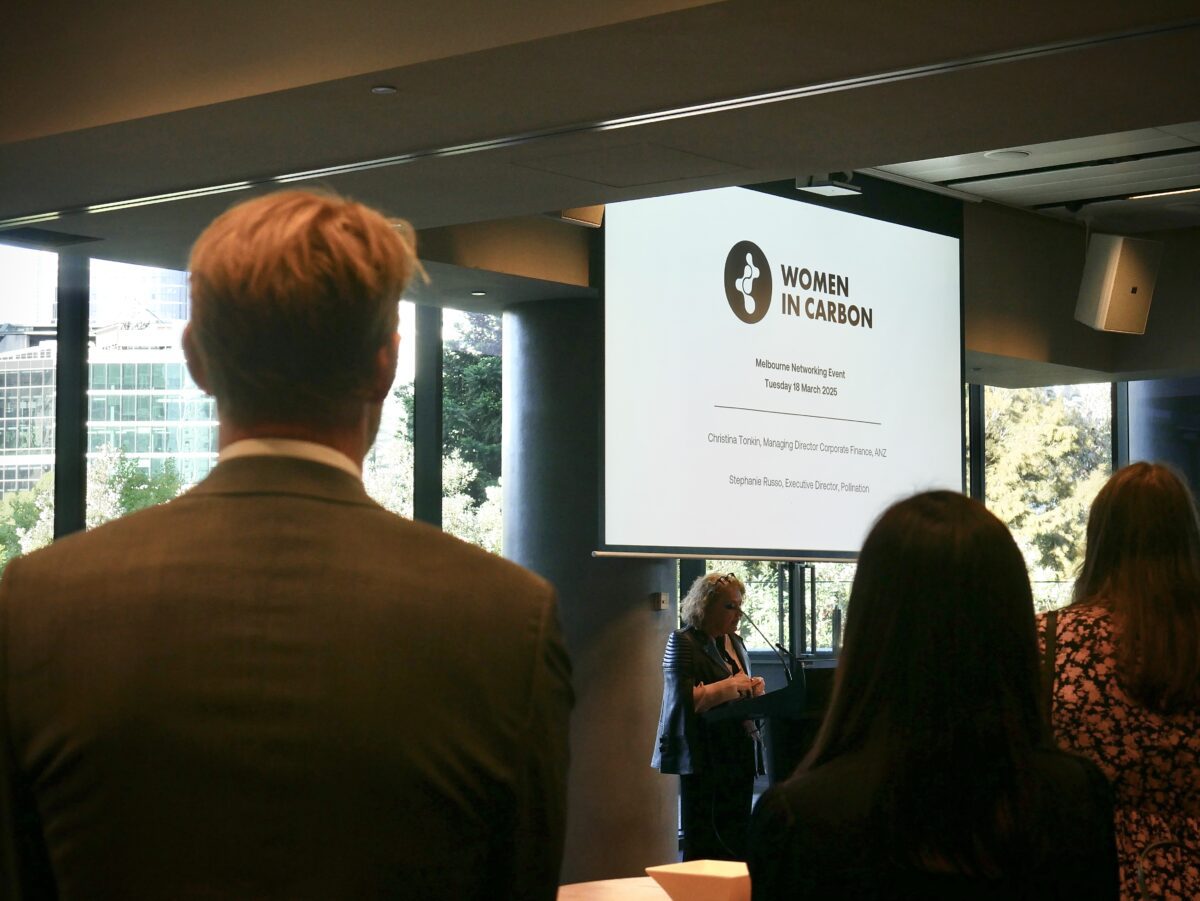At the recent G20 Finance Ministers meeting in Brazil, US Treasury Secretary Janet Yellen said an additional US$3 trillion per year is required to combat climate change deeming the global transition “the single greatest opportunity of the 21st century.” While there are plenty of headwinds, it’s important not to miss the momentum as nations seek to transform their economies and find advantage in this transition.
Our latest International Update highlights some of the surprising momentum in Asia on carbon pricing and markets where there are 17 national or sub-national carbon pricing instruments in the region with 3 emissions trading systems under development and a further 5 being considered.
There, as elsewhere, nations are moving to manage the transition with a keen eye to attract investment in a highly competitive global marketplace. Those investment flows are being dominated by the clean economy incentives in the US IRA Act, the Chinese clean industrial revolution and the EU Green New Deal, including its carbon border adjustment mechanism (CBAM).
The influence of concerns about the CBAM requiring importers to pay the EU for relative carbon pricing differences, and about investment volatility, was underscored for me in a trip to Brazil from which I have just returned. There, because of such concerns, a conservative congress is likely this month to pass compliance carbon market legislation. The Brazilian government’s transition management counterpart to our Net Zero Plan and Future Made in Australia initiatives is its Ecological Transformation Plan featuring carbon pricing, sustainable taxonomy and financial regulation.
Brazil, with huge clean energy, industrial and agricultural opportunities, is also grappling with competing interests as it moves to implement commitments to reverse deforestation and phase down fossil fuels. Brazil is seeking international leadership and investment: chairing this year’s G20 – which will meet in the middle of the “climate finance” COP29 – and leading COP30 in late 2025. Australia’s potential Presidency of COP31 offers significant opportunities to work with Brazil and others to boost global momentum and deliver investment outcomes for Australia, the Pacific and our respective Indigenous communities.
For these reasons, amidst escalating climate costs, it’s clear now is not the time to break the momentum. It’s why CMI in July:
- joined other leading industry, environment and social groups to reinforce the importance of a certain, credible and consistent climate and energy policy framework.
- continued to work with, and stress the urgency of, the implementation of the ACCU scheme review including delayed legislative reform, and method development.
- engaged with the Net Zero sectoral planning process and, as detailed in our Carbon Market Strategy Brief, calling for a public cross cutting strategy to communicate and enhance the various decarbonisation investment guardrails present in industrial, transport and energy policies.
- participated in International Organisation for Standards (ISO) in its development of a Net Zero Standard, as SBTi delayed a decision on use of credits within its corporate net zero standard.
Singapore Carbon Market & Investor Forum: August 15 & 16
We’ll be assisting momentum in Asia convening leaders from business, investment and government at our second Singapore Carbon Market & Investor Forum next week. Find out more and secure your place here.
11th AER Summit: October 29 & 30
Finally, we are excited to launch the program and first speakers for our “Accelerating Policy & Investment,” themed 11th Australasian Emissions Reduction Summit to be held in Melbourne. View the program, confirmed speakers, and register here.

John Connor
CEO
Carbon Market Institute



